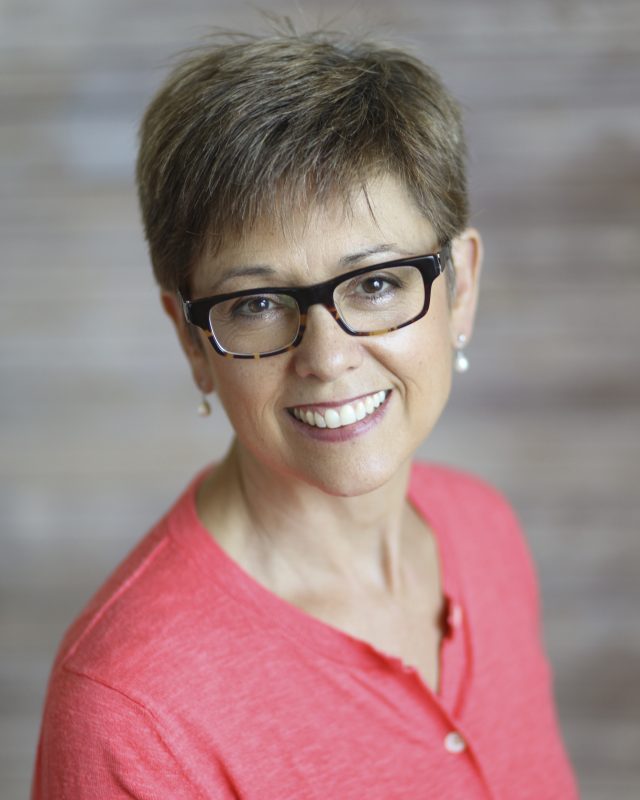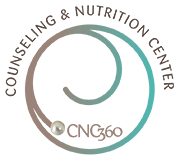by Lisa Pearl MS, RD, LDN, CEDRD, CEDS
This has been a tough week for all of us as we struggle to understand and process the grief of Las Vegas. Thank God  for Jimmy Kimmel (https://www.youtube.com/watch?v=ruYeBXudsds) and the other late night talk show hosts who tried to represent the pain that kept us from sleep. As a counselor and educator, it is nearly impossible to go on with life as usual when we have all endured another horrific tragedy of gun violence ripping into the fabric of our civilization and humanity. The impact is felt by all, counselors and clients alike. I pray this is the last tragedy, the tipping point, that will generate new regulations and attention to the needs of all Americans.
for Jimmy Kimmel (https://www.youtube.com/watch?v=ruYeBXudsds) and the other late night talk show hosts who tried to represent the pain that kept us from sleep. As a counselor and educator, it is nearly impossible to go on with life as usual when we have all endured another horrific tragedy of gun violence ripping into the fabric of our civilization and humanity. The impact is felt by all, counselors and clients alike. I pray this is the last tragedy, the tipping point, that will generate new regulations and attention to the needs of all Americans.
Several weeks ago, I had the wonderful opportunity to speak with Christy Harrison on her podcast, Food Psych. I have known Christy for quite a while as her supervisor but in this moment the tables were turned and she got to ask me questions that no one has ever asked me. They were thoughtful questions regarding the history of my relationship with food. I believe her intention was to bring her listeners into a deeper understanding of why a dietitian could be so invested in this work even after 35 years. If you listen to the podcast, you’ll hear about my family and developmental history with eating. And while I think it is true that many events including the formative years with my family conspired to bring me into the work I was meant to do. I also think the passion I hold for my job comes from a place that resonates for many of us right now, feeling safe. I believe health and especially recovery from an eating disorder requires a sense of safety to connect with others and to one’s self.
Our relationship with food is an important reflection of our inner relationship to self. While it might be odd for a dietitian to ask a client to describe their relationship to themselves, we can ask about their relationship with food. And the description of how someone feeds themselves or connects with their appetite offers a common language for understanding and building the steps towards self-compassion, mindfulness, empowerment, and a stronger sense of self.
I love my job for all the reasons one can imagine: the healing journey with clients, the wonderful connections with colleagues and the continual growth and evolution of the field.
There is interesting complexity in our work. People develop disordered eating and eating disorders for lots of reasons. It could be biological in nature such as diabetes or PANDAS, perhaps it is a genetic or an epi-genetic expression passed down through generations, it could be a secondary effect to psychological issues such as depression or a side effect of medication. And for others it becomes an important way to manage and protect themselves from the emotional aftermath of very difficult experiences. Experiences such as food insecurity, body shame, and trauma to name just a few.
Beyond our individual clinical work, we often wonder: what is happening to so many women and men that an eating disorder becomes a way to protect and manage their inner experience? How can we improve our prevention efforts and socio-political advocacy to decrease the incidence of these devastating disorders?
I think this is one area where current events and my work intersect. I deeply believe everyone deserves and needs a sense of safety for healing to occur. In the eating disorder community, as in all healing communities, it is this foundation of trust that we are working to create and hold.
My passion is found in this most basic understanding. We need safe and compassionate relationships to heal. And sometimes we need a guiding hand to support that journey.
